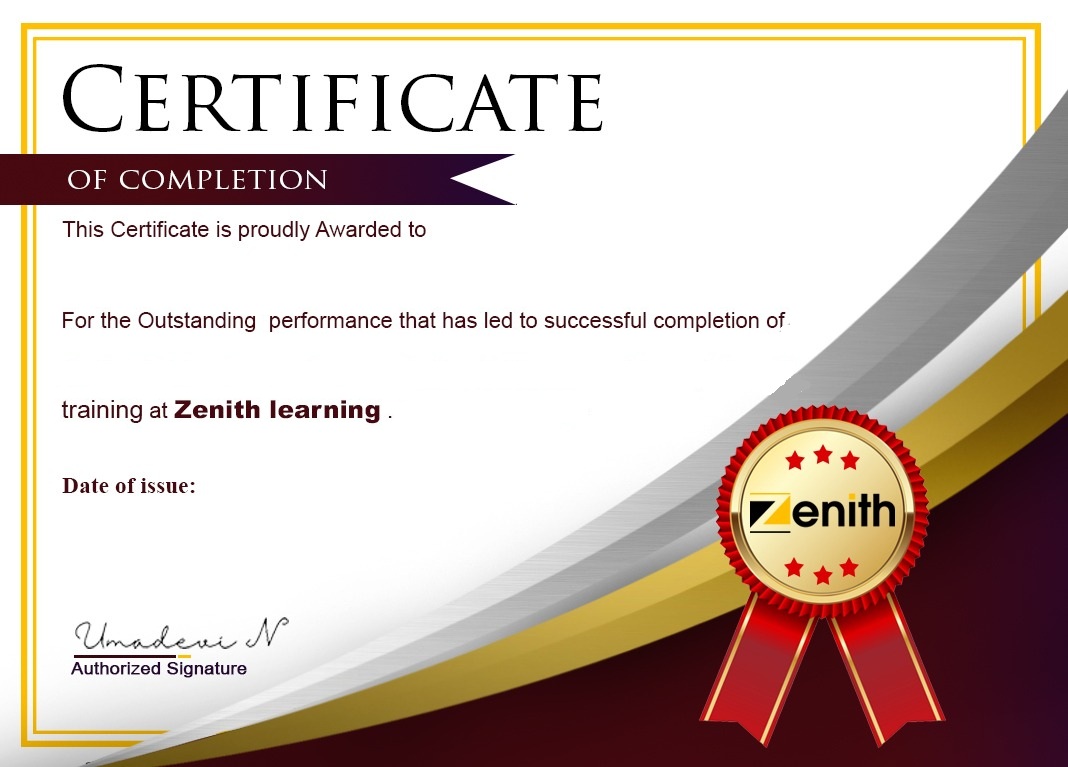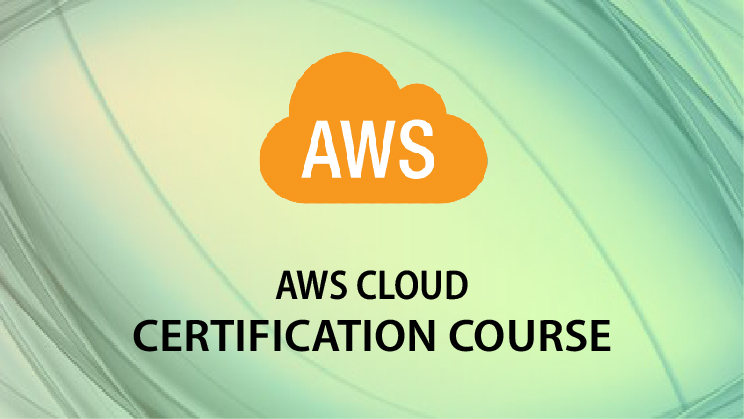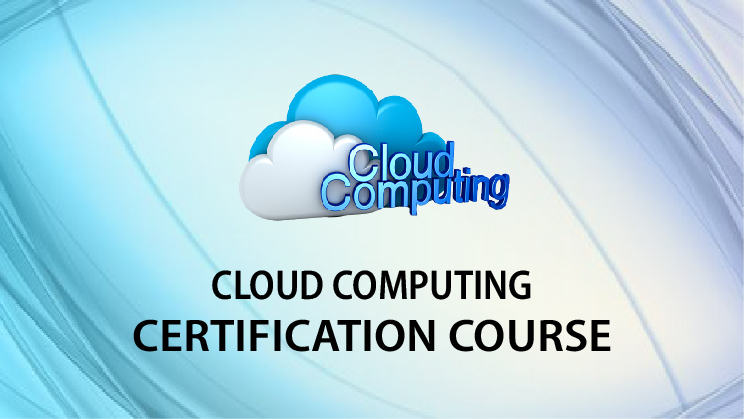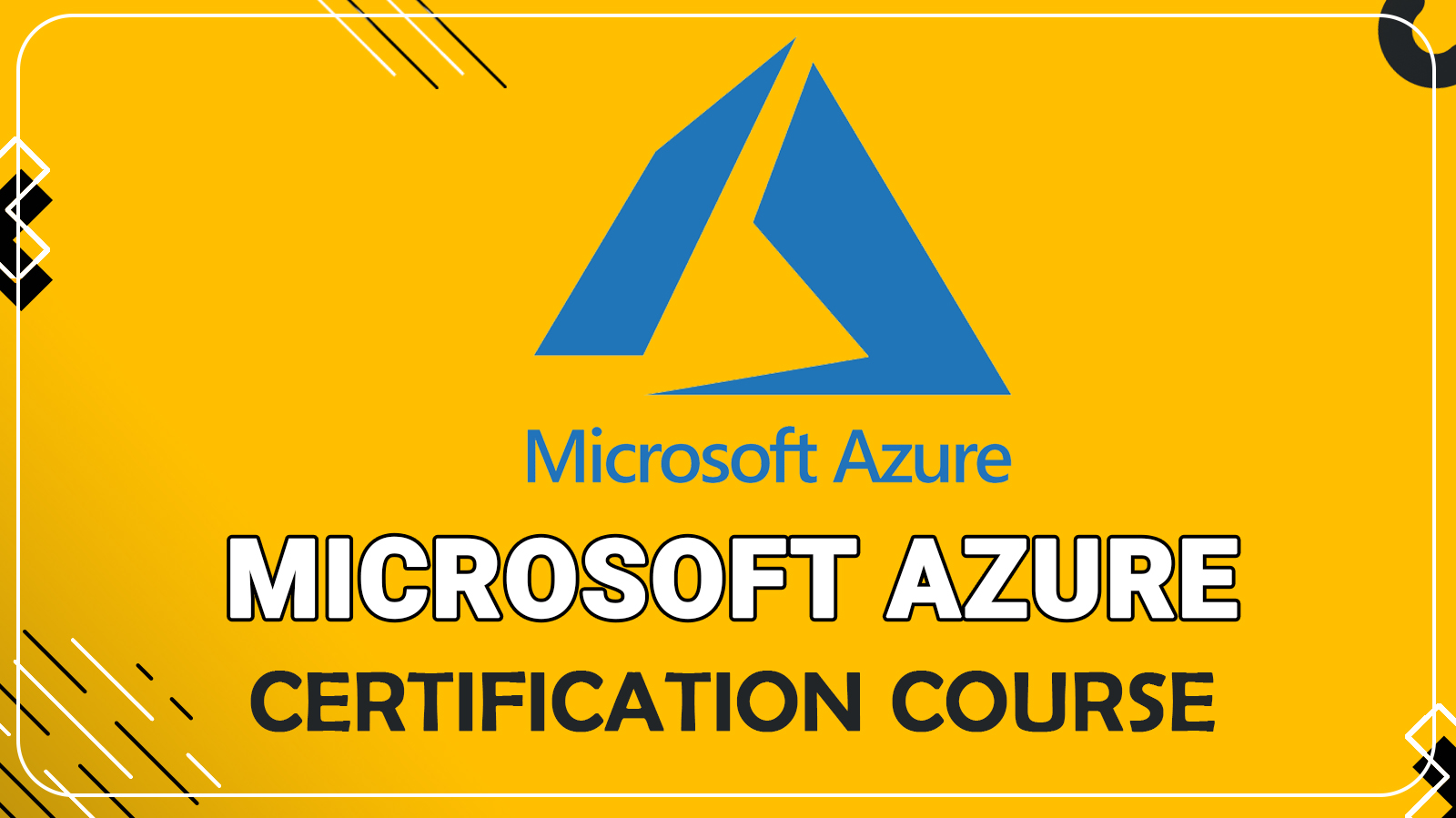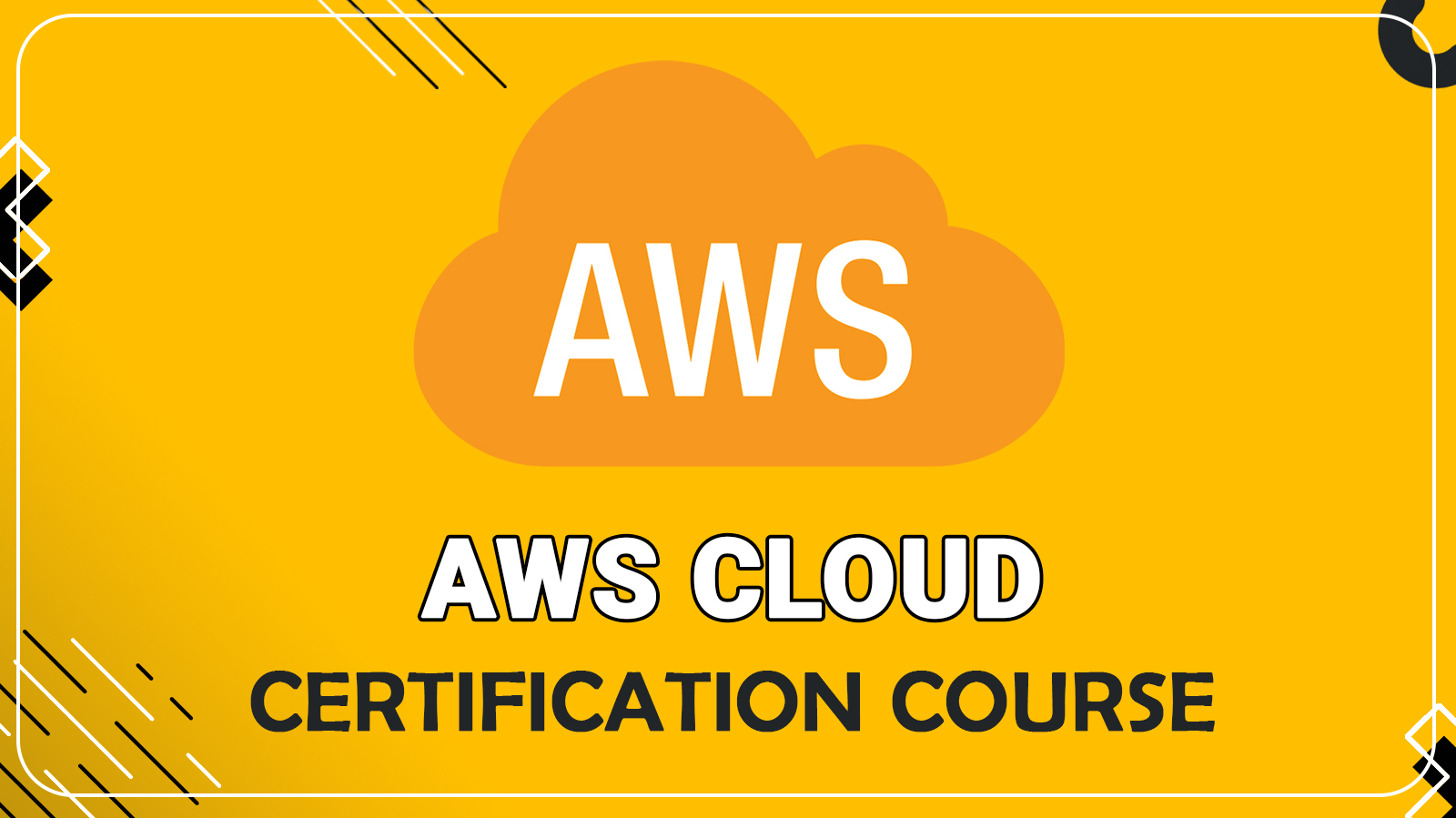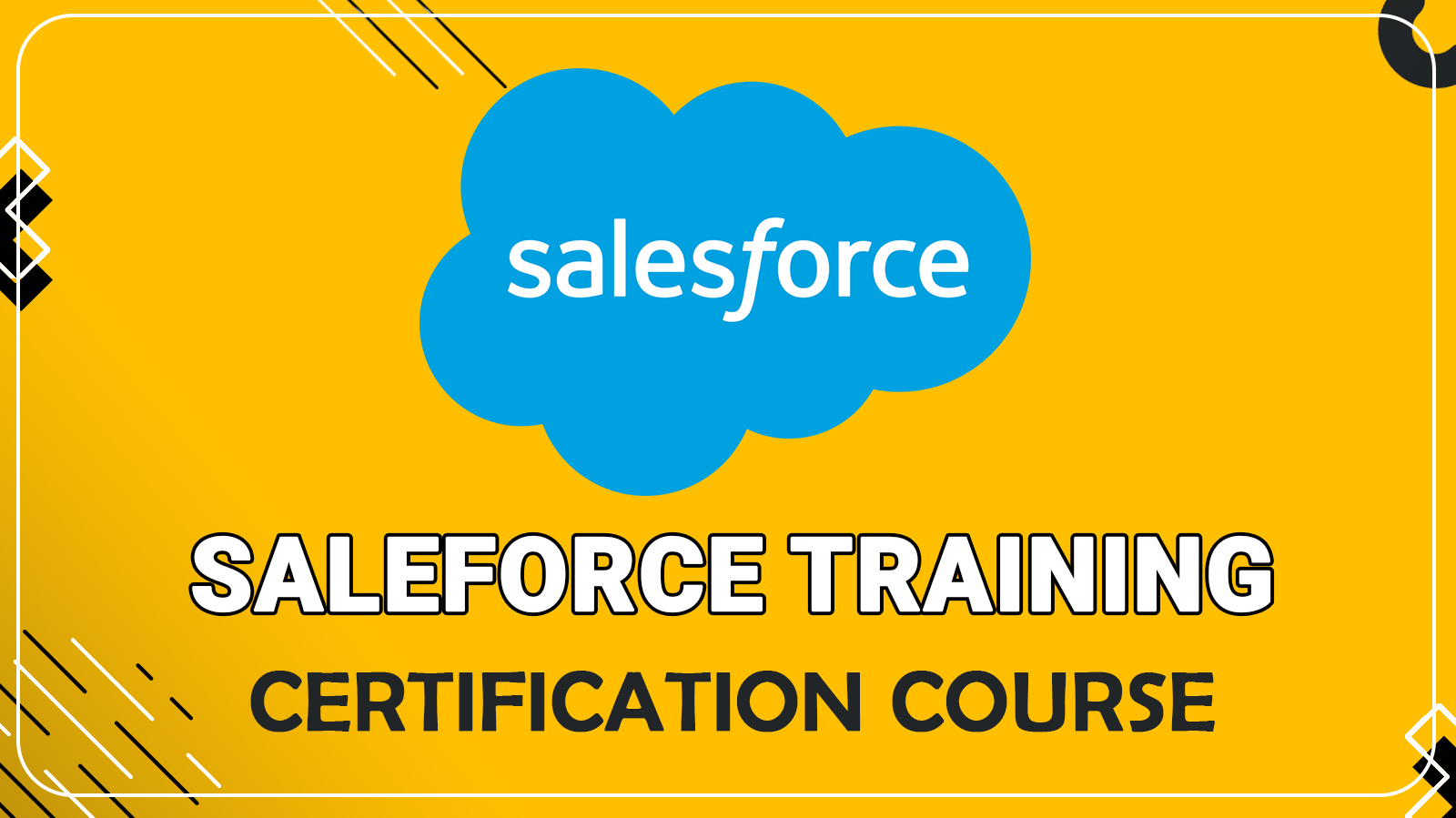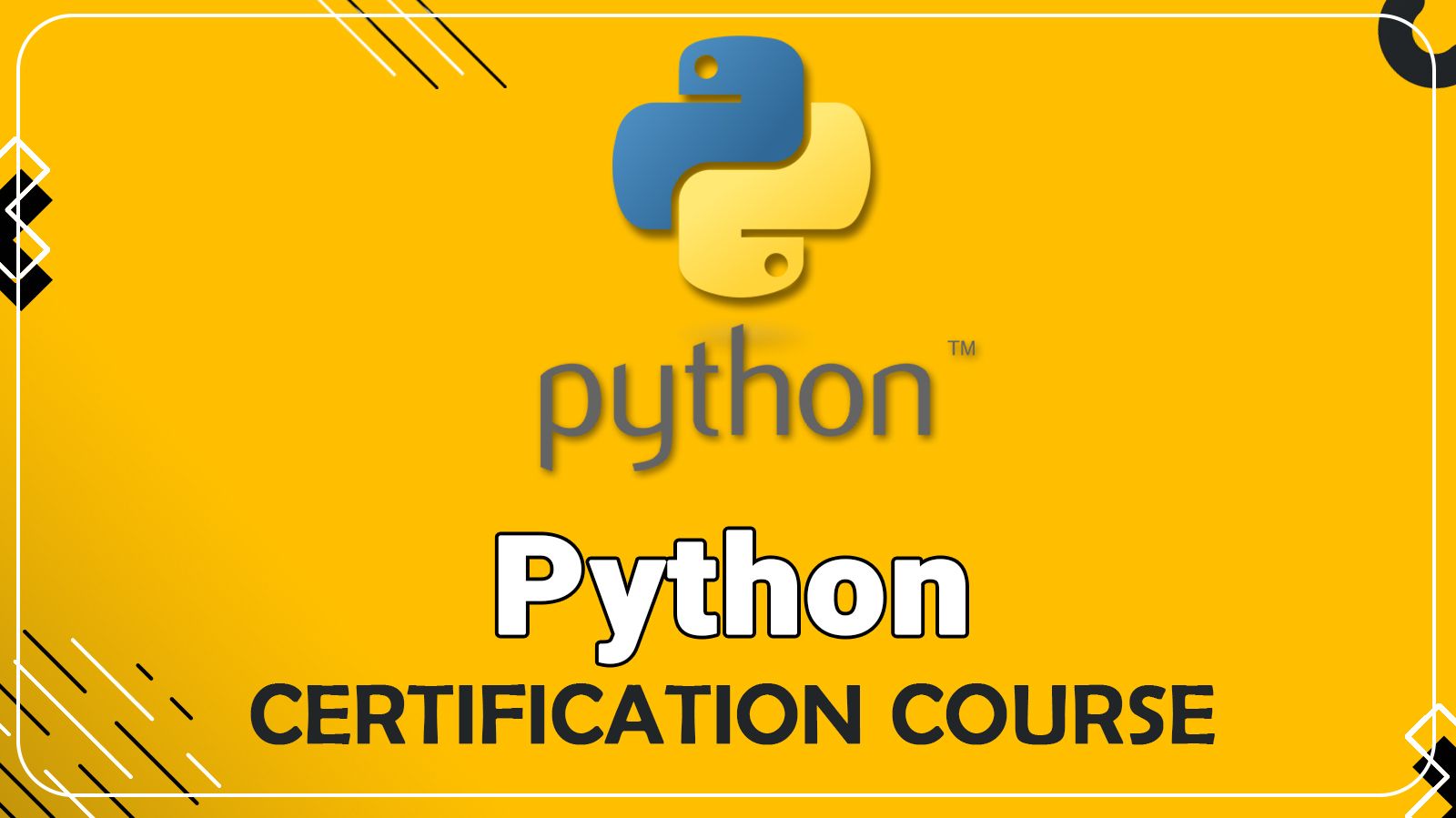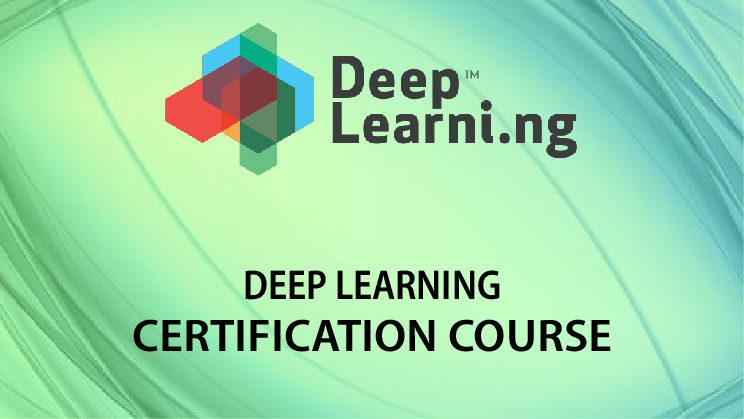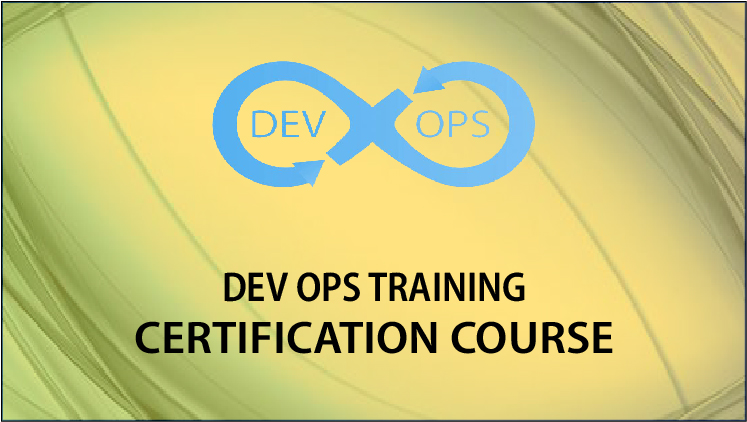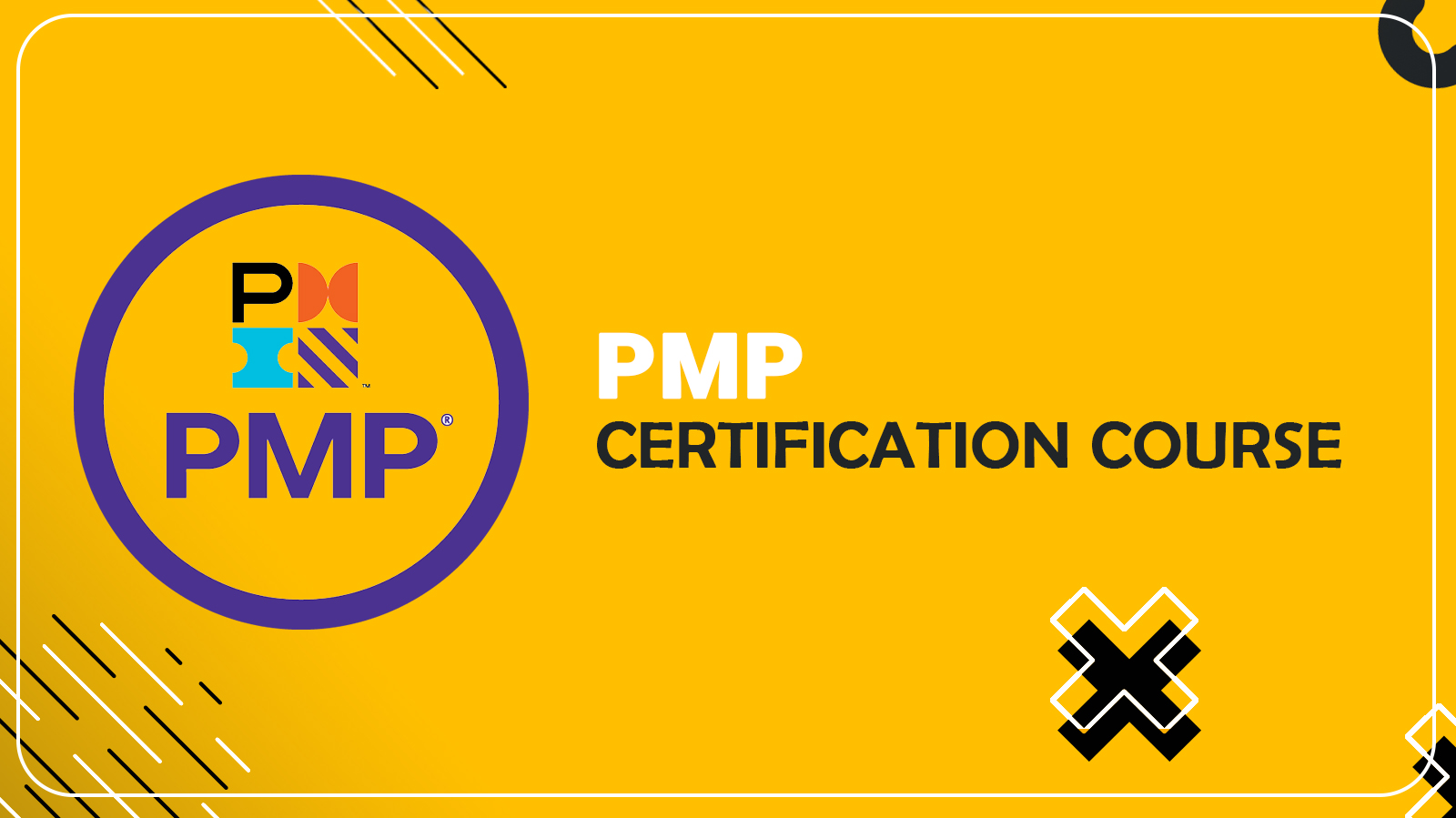Data Science Certification Course Training
Data science is an interdisciplinary field that uses scientific methods, procedures, algorithms, and systems to extract knowledge and insights from noisy, structured, and unstructured data, as well as to apply that knowledge and actionable insights to a variety of application areas.

$400
+91-6305149934
- Learn from industry experts who are passionate about teaching.
- Instructor-led live sessions
- Industry-Specific Curriculum
- Recorded sessions for every class
- Flexible schedules for working professionals
- Real-life Case Studies
- Dedicated Student Success Manager
